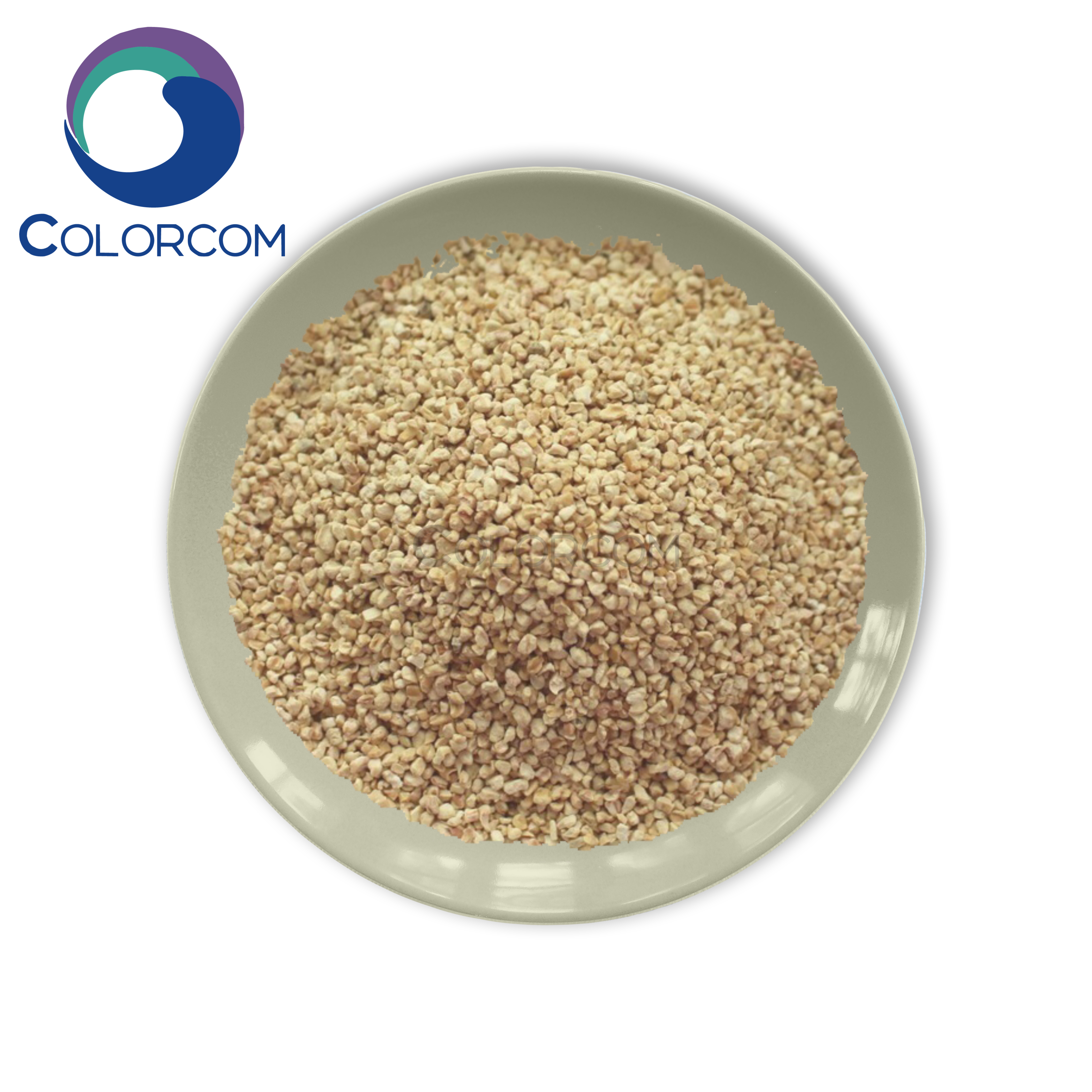We include products we think are useful for our readers. If you buy through links on this page, we may earn a small commission. Here’s our process.
Medical News Today only shows you brands and products that we stand behind. Organic Fertilizer

Rosemary is an ingredient that adds a fragrant savory note to dishes. Some people claim that rosemary can help reduce muscle pain, boost the immune system, and improve memory. However, it can interact with some medications.
Rosemary is a fragrant evergreen herb native to the Mediterranean. It is used as a culinary condiment, to make bodily perfumes, and for its potential health benefits. It is a member of the mint family Lamiaceae, along with many other herbs, such as oregano, thyme, basil, and lavender.
The herb not only tastes good in culinary dishes, such as rosemary chicken and lamb, but it is also a good source of iron, calcium, and vitamin B-6.
It is typically prepared as a whole dried herb or a dried powdered extract, while teas and liquid extracts are made from fresh or dried leaves.
The herb has been hailed since ancient times for its medicinal properties. Rosemary was traditionally used to help alleviate muscle pain, improve memory, boost the immune and circulatory system, and promote hair growth.
This Medical News Today Knowledge Center feature is part of a collection of articles on the health benefits of popular foods.
Rosemary has a range of possible health benefits.
Rosemary is a rich source of antioxidants and anti-inflammatory compounds, which are thought to help boost the immune system and improve blood circulation.
Laboratory studies have shown rosemary to be rich in antioxidants, which play an important role in neutralizing harmful particles called free radicals.
In Europe, rosemary is often used to help treat indigestion. In fact, Germany’s Commission E has approved rosemary for the treatment of indigestion. However, it should be noted that there is currently no meaningful scientific evidence to support this claim.
According to research outlined in Therapeutic Advances in Psychopharmacology, the aroma from rosemary can improve a person’s concentration, performance, speed, and accuracy and, to a lesser extent, their mood.
Scientists have found that rosemary may also be good for your brain. Rosemary contains an ingredient called carnosic acid, which can fight off damage by free radicals in the brain.
Some studies in rats have identified that rosemary might be useful for people who have experienced a stroke. Rosemary appears to be protective against brain damage and might improve recovery.
Some studies have suggested that rosemary may significantly help prevent brain aging. The therapeutic ability of rosemary for prevention of Alzheimer’s shows promise, but more studies are needed.
Research published in Oncology Reports found that “crude ethanolic rosemary extract (RO)” slowed the spread of human leukemia and breast carcinoma cells.”
Another study, published in Bioscience, Biotechnology and Biochemistry, concluded that rosemary might be useful as an anti-inflammatory and anti-tumor agent.
Also, a report published in the Journal of Food Science revealed that adding rosemary extract to ground beef reduces the formation of cancer-causing agents that can develop during cooking.
A study published in the journal Investigative Ophthalmology & Visual Science, led by Dr. Stuart A. Lipton, Ph.D. and colleagues at Sanford-Burnham Medical Research Institute, revealed that a carnosic acid, which is a major component of rosemary, can significantly promote eye health.
This could have clinical applications for diseases affecting the outer retina, such as age-related macular degeneration – the most common eye disease in the United States.
Rosemary is usually safe when taken in low doses. However, extremely large doses can trigger serious side effects, although this is rare.
High doses of rosemary may cause miscarriage; therefore it is not advisable for pregnant women to take any supplemental rosemary.
Rosemary can affect the activity of some medications, including:
Have you enjoyed reading about the potential health benefits of rosemary? Take a look at our collection of articles about other foods.
Alternatively, read our article about the top 10 healthy foods for your daily diet.
Rosemary products are available for purchase online.
Sage is a herb with plenty of flavor and nutrition. It has demonstrated positive effects on cognition in Alzheimer's treatment and lowering blood…
People have long used the flowers, leaves, and essential oil of thyme to treat respiratory problems, inflammation, and gastric issues. Also, some…
Parsley is often used as a garnish, but it can also enhance flavor and benefit the health. The herb is rich in vitamin K, and it may help to protect…
Dong quai is a Chinese herb people have used for centuries for medicinal purposes. It may help treat menstrual disorders, but more research is…

Oil & Solvent & Monomer Traditional medicine uses feverfew to treat conditions such as headaches and fever. More research is necessary to investigate possible pharmacological…